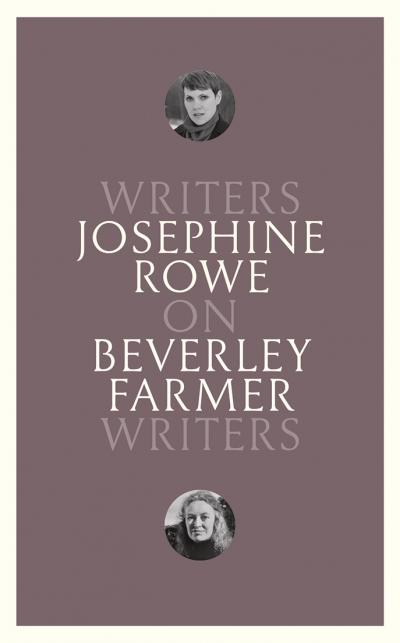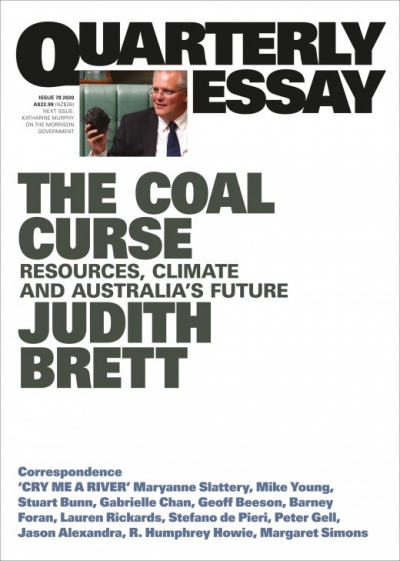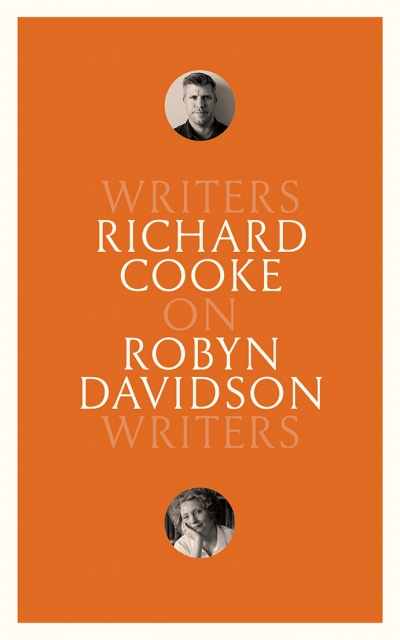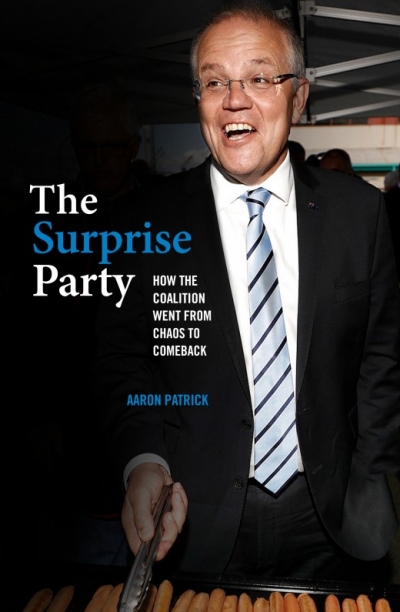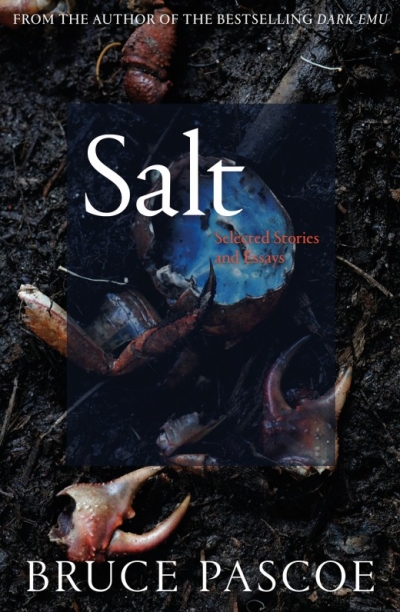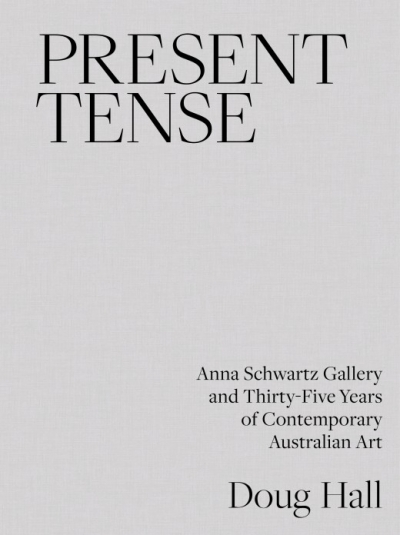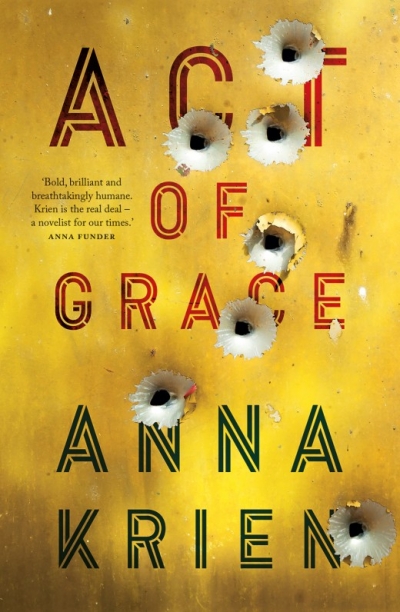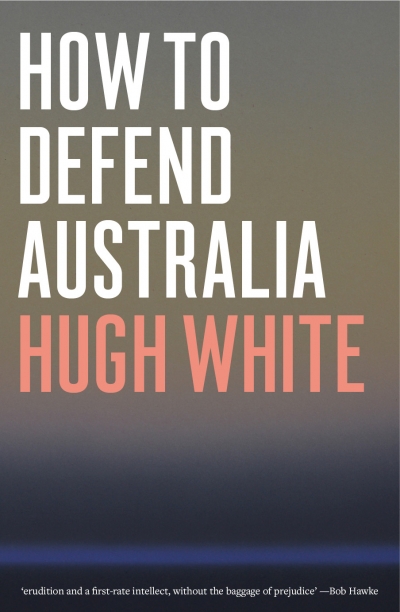Black Inc
Film | Theatre | Art | Opera | Music | Television | Festivals
Welcome to ABR Arts, home to some of Australia's best arts journalism. We review film, theatre, opera, music, television, art exhibitions – and more. To read ABR Arts articles in full, subscribe to ABR or take out an ABR Arts subscription. Both packages give full access to our arts reviews the moment they are published online and to our extensive arts archive.
Meanwhile, the ABR Arts e-newsletter, published every second Tuesday, will keep you up-to-date as to our recent arts reviews.
Recent reviews
The Coal Curse: Resources, climate and Australia’s future (Quarterly Essay 78) by Judith Brett
On Robyn Davidson: Writers on Writers by Richard Cooke
Four auspicious début collections by Mandy Beaumont, Dominic Carew, Wayne Marshall, and Sean O'Beirne
The American writer Jack Matthews had no time for what he called ‘a discontent’ with the brevity of the short story. ‘Ask a coral snake,’ he declared, ‘which is as deadly as it is small.’ The claim for ‘deadliness’ certainly applies to four recent début collections; in the tight spaces of the short story, each one presents confronting ideas about contemporary Australia.
... (read more)Three recent début novels employ the genre of the Bildungsroman to explore the complexities of female experience in the recent historical past. Anna Goldsworthy, widely known and admired as a memoirist, essayist, and musician, has now added a novel, Melting Moments (Black Inc., $29.99 pb, 240 pp), to her list of achievements.
... (read more)
